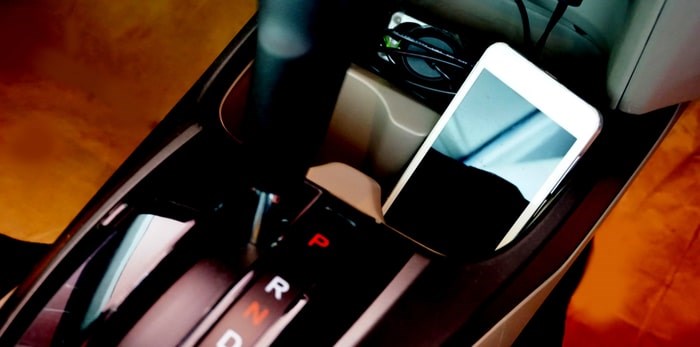
In State v. Samalia, the WA Court of Appeals upheld the defendant’s conviction for Possession of a Stolen Motor Vehicle under RCW 9A.56.068 because the police used evidence from the defendant’s cell phone found in the abandoned stolen vehicle after he fled from the vehicle and evaded pursuit.
Yakima Police Officer Ryan Yates was on patrol when his vehicle license plate reader indicated he had passed a stolen vehicle. The officer followed the stolen vehicle. The driver got out of the vehicle and faced towards Officer Yates. The driver would not obey Officer Yates’ command to get back in the vehicle and fled. Officer Yates pursued the male driver but he got away.
Officer Yates searched the car and found a cell phone in the center console. Officer Yates conducted some investigations and discovered that the phone belonged to the defendant Mr. Samilia. Later, Officer Yates located Mr. Samalia’s picture in a police database. Officer Yates then identified Mr. Samalia from the database picture as the fleeing man who had been driving the stolen vehicle.
The State charged Mr. Samalia with possession of a stolen motor vehicle. He moved unsuccessfully to suppress the cell phone evidence under ER 3.6. From the above facts, the trial court concluded the cell phone was abandoned, therefore, Mr. Samalia no longer had an expectation of privacy in it. Following a bench trial, the court found Mr. Sam alia guilty as charged. He appealed.
The court reasoned that a warrantless search and/or seizure violates the WA Constitution unless it falls under one of ”’a few jealously guarded exceptions” to the warrant requirement. Searching voluntarily abandoned property is an exception to the warrant requirement. In other words, law enforcement may retrieve and search voluntarily abandoned property without a warrant or probable cause.
The court also considered the status of the area where the cell phone was located. Here, the search area was an unattended stolen vehicle that Mr. Samalia had been driving and had fled from when a police officer approached and directed him to return to the vehicle. Consequently, the court found that a suspect’s hasty flight under these circumstances is sufficient evidence of an intent to abandon the vehicle. In conclusion, because the cell phone was abandoned; used in pursuit of the fleeing suspect, and not directly used to identify Mr. Samalia, the court held that the trial court did not err in denying suppression of Mr. Samalia’s identification from a police database.
My opinion?
I disagree with the court’s decision. This decision is too great a leap in the wrong direction; and fails to follow Washington’s current jurisprudence. Despite the Court’s reasoning, there is NO reported Washington decision which has directly addressed whether a citizen relinquishes his reasonable expectation of privacy in the data on his cell phone by leaving the phone behind at the scene of a crime.
Our jurisprudence says police must generally secure a warrant before conducting a search of data on a cell phone – even one that has been left behind in a place where its owner has no privacy interest. Requiring a search warrant will assure that there is probable cause to believe that the defendant is involved in criminal activity and that evidence of the criminal activity can be found in the data on the cell phone.
Please contact my office if you, a friend or family member are charged with a crime. Hiring an effective and competent defense attorney is the first and best step toward justice.






